
Overcoming limitations in conducting large-scale assessments
According to the Ministry of Education and Training , the current Circular 51/2011/TT-BGDDT dated November 3, 2011 (Circular 51) only applies to national periodic assessments chaired by Vietnam, to assess the learning outcomes of students in general education institutions, and has not been adjusted for international assessments with the participation of Vietnam.
In the past and in the coming years, Vietnam has participated and will continue to participate in many international assessment programs such as PISA (Programme for International Student Assessment for 15-year-olds of the OECD); SEA-PLM (Programme for Assessment of Primary School Students in Southeast Asia); TALIS (Programme for International Assessment of Teaching and Learning of the OECD). These programs are all chaired by the Ministryof Education and Training, and at the same time, they are guided to be implemented seriously, synchronously and uniformly nationwide to provinces, cities and educational institutions.
To suit the actual situation, the new draft Circular has been expanded to include both “National Wide-Scale Assessment” and “International Wide-Scale Assessment”.
“ Wide-scale assessment ” is a large-scale, sample-based assessment that collects information about the quality, effectiveness, and program of general education.
“ National-level large-scale assessment ” is a large-scale assessment on a national scale, including: National large-scale assessment chaired by Vietnam; International large-scale assessment chaired by an international organization in which Vietnam participates according to an agreement signed between the Ministry of Education and Training of Vietnam and the international organization.
Regarding the organization and management of large-scale assessments, the new draft clearly stipulates the decentralization, delegation of authority and responsibilities of relevant parties. At the same time, it specifically defines the structure, composition, functions, tasks, powers and implementation methods of the Executive Board, the National Technical Board, as well as the composition and tasks of the Provincial/City Survey Council.
Focus on assessing students' ability to apply knowledge and skills
Regarding the implementation process, the new draft has adjusted both the content and form of assessment. Specifically, the assessment content is the requirements to be achieved for the subjects participating in the assessment, as stipulated in the current general education program.
In terms of form, assessment is diversified: Surveys are conducted on paper, on computers or a combination of both forms. The Ministry of Education and Training said that, if necessary to serve state management requirements, the Minister of Education and Training can add survey periods, in addition to regular national and international surveys.
Vietnam has participated, is participating and will continue to participate in many international assessment programs such as PISA (Programme for International Student Assessment for 15-year-olds of the OECD); SEA-PLM (Programme for Assessment of Primary School Students in Southeast Asia); TALIS (Programme for International Assessment of Teaching and Learning of the OECD).
Regarding assessment content: Assessment is based on the requirements for the subjects participating in the assessment, as stipulated in the current general education program. The draft focuses on assessing students' ability to apply knowledge and skills in solving problems related to study and life. In addition, assessment of English for students in grades 9 and 11 is added.
The Department of Education and Training is responsible for advising the People's Committee of the province/city directly under the Central Government to arrange local budgets or mobilize other legal funding sources (if any) to implement national-level large-scale assessment programs according to regulations. At the same time, issue plans and documents directing local agencies, departments and branches to coordinate with the education sector to implement these programs.
Regarding implementation: Funding for implementing national-level large-scale assessment programs is arranged by ministries, central and local agencies, using the State budget and legal support sources from domestic and foreign organizations and individuals, according to the provisions of the Budget Law and relevant current legal documents.
According to the Ministry of Education and Training, the issuance of the new Circular replacing Circular 51 is of great significance in realizing the goal of developing a national-level wide-scale assessment system in Vietnam. When issued, the new Circular will contribute to periodically providing objective and reliable information on the quality of general education; at the same time, it will be the basis for proposing policies and solutions to innovate teaching and learning activities, meeting the requirements of implementing the General Education Program, improving the quality and promoting international integration of Vietnam's general education.
Source: https://nhandan.vn/de-xuat-nhieu-diem-moi-ve-danh-gia-chat-luong-giao-duc-pho-thong-post893094.html



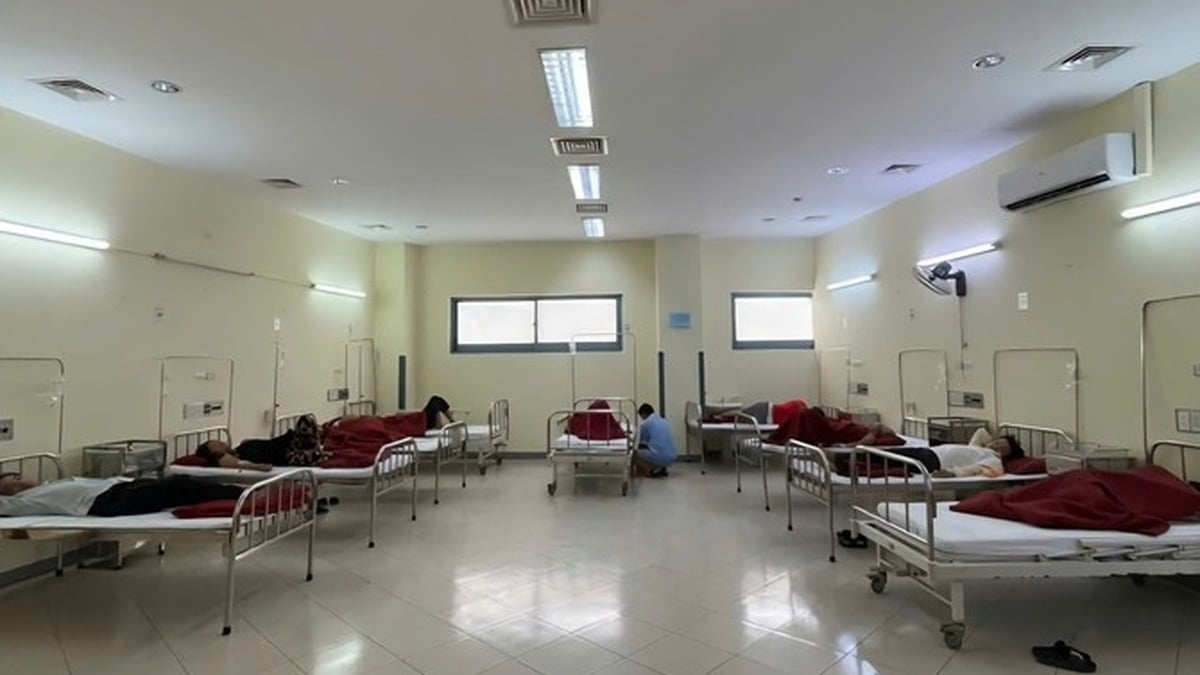

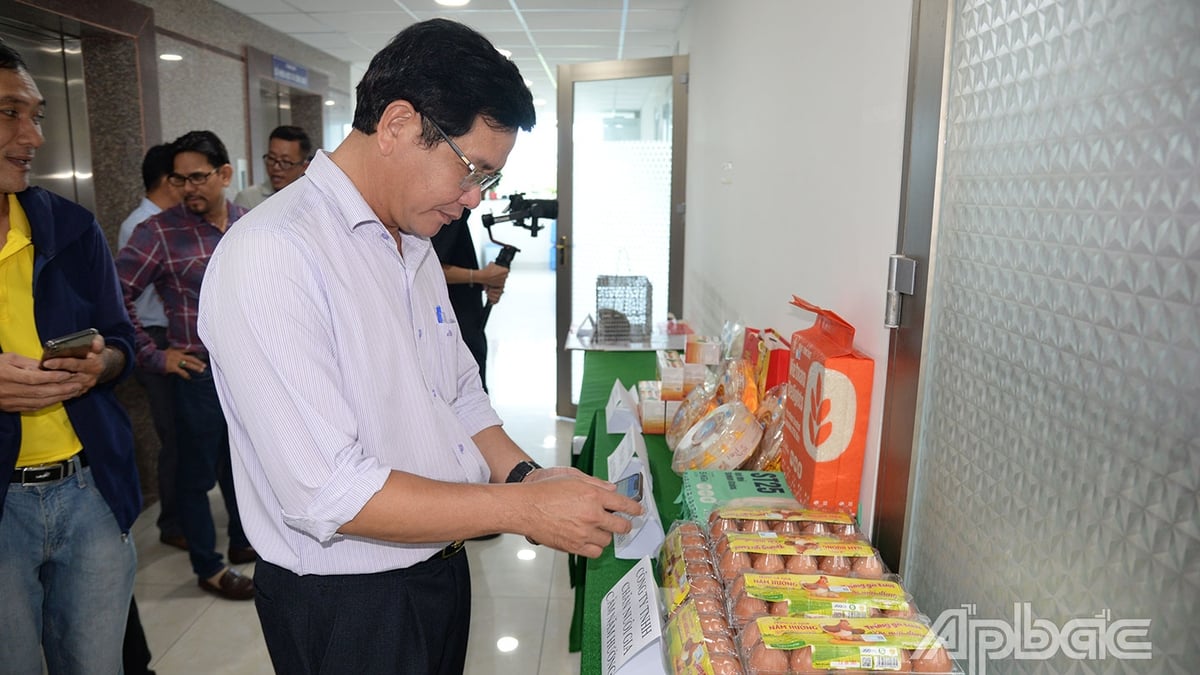



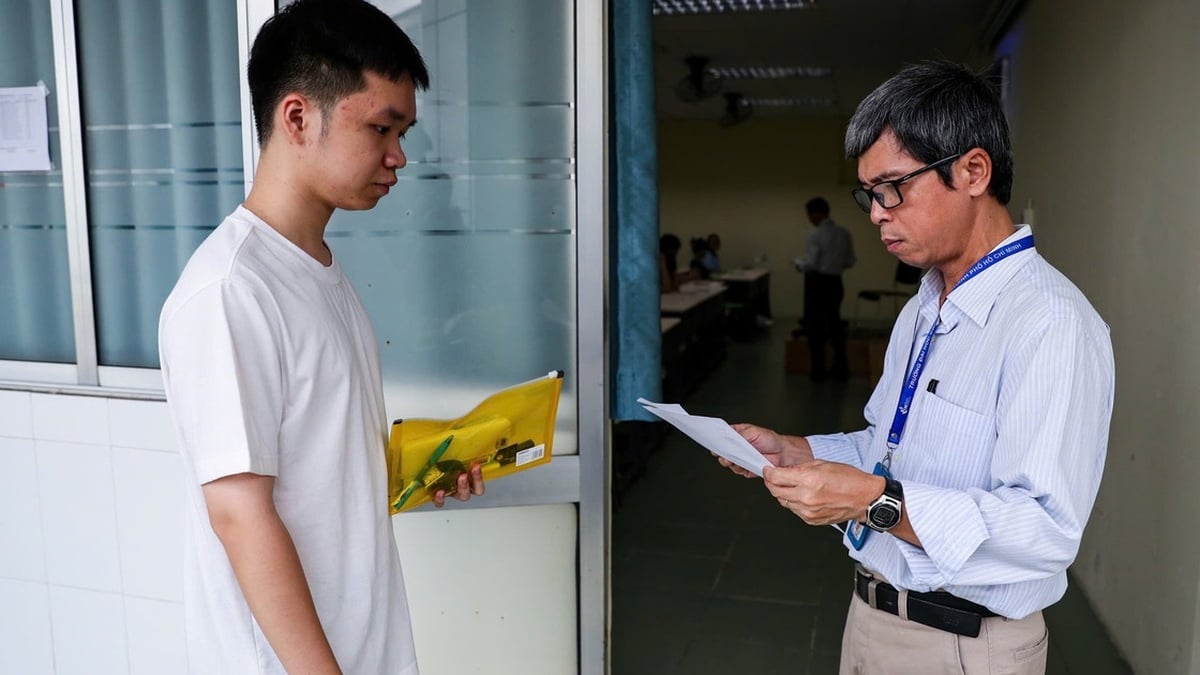


















![[Photo] National Assembly Chairman Tran Thanh Man visits Vietnamese Heroic Mother Ta Thi Tran](https://vphoto.vietnam.vn/thumb/1200x675/vietnam/resource/IMAGE/2025/7/20/765c0bd057dd44ad83ab89fe0255b783)






























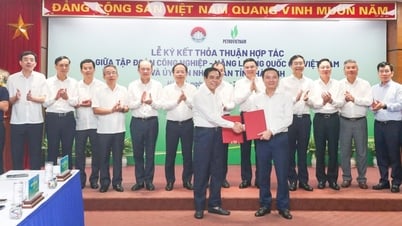
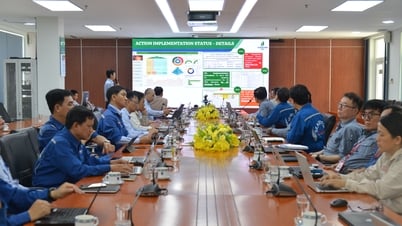

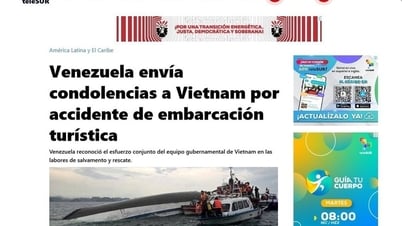



































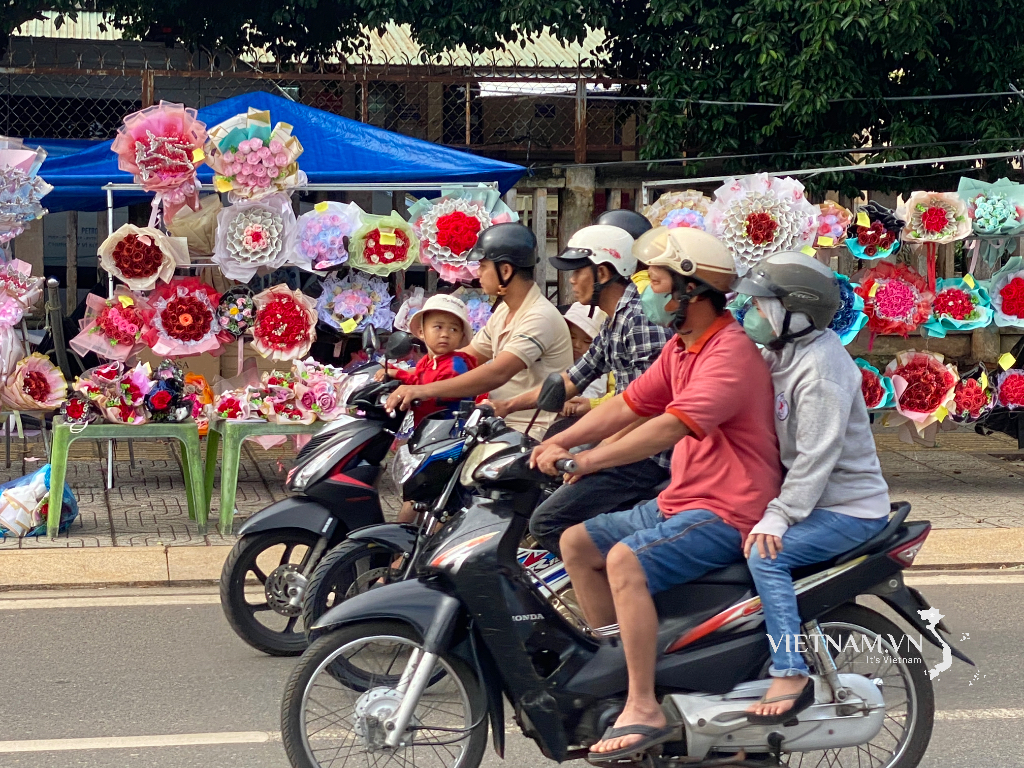

Comment (0)